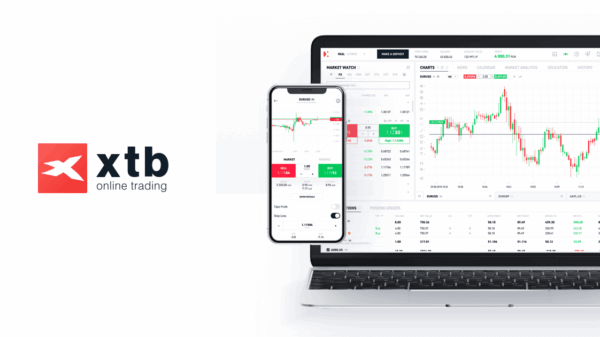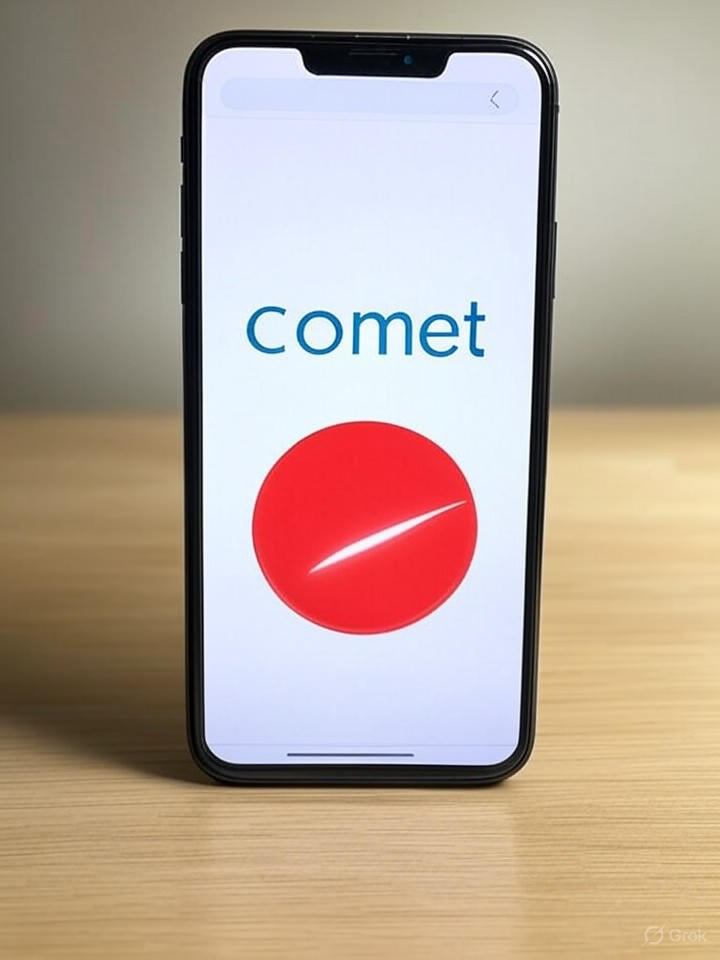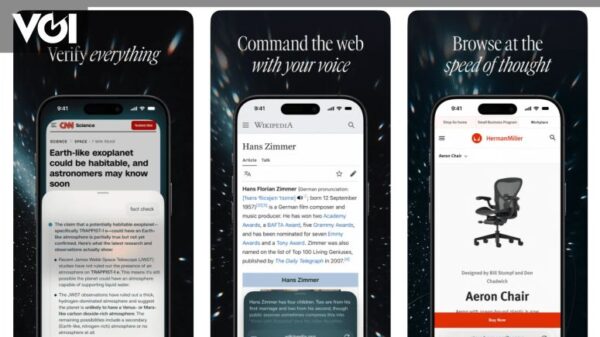Perplexity AI Inc. has made a bold move to disrupt the browsing landscape with the full launch of its Comet browser on Android devices, announced on November 20, 2025. This strategic rollout comes during a time of fierce competition in the AI-enhanced browsing sector, positioning Perplexity as a formidable challenger to Google Inc.’s Chrome and its expansive ecosystem.
The Comet browser first appeared in July 2025, initially available exclusively to Perplexity Max subscribers at a premium price of $200 per month. However, by October, the browser transitioned to a free model for desktop users worldwide. The Android version incorporates advanced features such as voice-activated AI assistance, task automation, and transparency regarding its functions. “Comet is the mobile browser for the new age of the internet,” Perplexity announced on X, alongside the launch in the Google Play Store.
From Exclusive Launch to Global Availability
The journey of Comet began in February 2025 when Perplexity CEO Aravind Srinivas teased the concept of a “new agentic browser” on X. An early access phase was rolled out for Max users in late September, leading to a public announcement on October 3, where Perplexity described Comet as a “personal AI assistant” for tasks like web research and email organization.
On November 20, reports from TechCrunch and Bloomberg highlighted the Android launch, signaling a direct challenge to Google within its own Android ecosystem. The Android app mirrors the desktop version, featuring a built-in AI agent equipped to summarize web pages, respond to voice queries, and carry out actions with user consent. As CNBC noted, the subscription model has pivoted from an initial premium to a freemium structure designed to enhance user adoption. Following the launch, Srinivas indicated that an iOS version is in development, expected to launch shortly thereafter.
Innovative Features Enhancing User Experience
Central to Comet’s appeal is its AI agent, which Perplexity describes as capable of automating diverse tasks such as web research and email management. The Android application includes a voice mode allowing hands-free queries on-screen content, ad-blocking capabilities, and summarization tools. In a post on X, Perplexity emphasized user control: “Comet now shows you exactly what it’s doing, lets you determine how it acts, and asks permission before completing sensitive actions.”
The Verge pointed out that similar to its desktop counterpart, users can access Comet’s built-in AI assistant and utilize voice mode for inquiries about web content. This design is particularly notable in light of ongoing privacy concerns surrounding AI tools. Reports from TipRanks confirmed the browser’s expansion to Android, while Engadget confirmed availability on the Google Play Store. Gulf News praised Comet’s “AI-native” design, emphasizing its integrated summarization, voice mode, and ad-blocking features.
Strategic Positioning Against Google
Perplexity’s decision to launch on Android leverages the platform’s open ecosystem, where third-party browsers can flourish despite Google’s dominance. This strategy pits Comet against ongoing AI developments from Chrome, such as the Gemini integrations, while currently avoiding iOS’s restrictive WebKit requirements. Srinivas’s August post on X highlighted a significant shift in browser preference: “The default browser has changed from @googlechrome to @PerplexityComet for the early adopters.”
Details regarding the monetization strategy reveal a freemium model at the forefront, where a Pro tier priced at $20 monthly unlocks advanced AI models like Claude 3.5 Sonnet and GPT-4o. Post-launch, desktop waitlists surged, with Srinivas noting that views on his February X post reached nearly 900,000. The mobile rollout aims to replicate this momentum, with the iOS version anticipated to maintain a seamless user experience.
Investor interest remains high, with Perplexity’s valuation exceeding $9 billion earlier in 2025 amid AI search excitement. Bloomberg underscored this as part of a growing rivalry with Google, while The Verge noted the substantial scale of Android users, presenting significant opportunities for disruption. As Comet gains traction, it tests the waters of whether agentic browsing can redefine the traditional navigation experience, challenging the $400 billion browser market.
Challenges and the Road Ahead
However, challenges remain. The browser’s reliance on Chromium may draw antitrust scrutiny similar to ongoing investigations into Google’s practices. Additionally, concerns regarding battery consumption due to constant AI processing and voice recognition issues in noisy environments could hinder user experience. The competitive landscape is also heating up, with alternatives like Arc’s AI tabs and Brave’s privacy-focused features gaining traction.
In response, Perplexity is committed to rapid development, having enhanced voice capabilities and deep research APIs before the mobile launch. Srinivas’s July post received positive feedback, with an unnamed outlet claiming, “Perplexity’s Comet is the AI browser Google wants,” further fueling excitement around the product. As Android users begin to adopt Comet widely, the potential for this AI-first approach to reshape browsing could either signal a new era or compel established players to accelerate their innovations.
 OpenAI Partners with Foxconn to Design AI Data Center Hardware in the U.S.
OpenAI Partners with Foxconn to Design AI Data Center Hardware in the U.S. US Stock Markets Drop 1.5% Amid Ongoing AI Bubble Concerns and Inflation Jitters
US Stock Markets Drop 1.5% Amid Ongoing AI Bubble Concerns and Inflation Jitters ASML Invests €1.3 Billion in Mistral AI to Enhance Lithography Systems with Generative AI
ASML Invests €1.3 Billion in Mistral AI to Enhance Lithography Systems with Generative AI Artificial Intelligence in Epidemiology Market Expected to Reach $10B by 2032, Reports Analyze Trends
Artificial Intelligence in Epidemiology Market Expected to Reach $10B by 2032, Reports Analyze Trends



































































